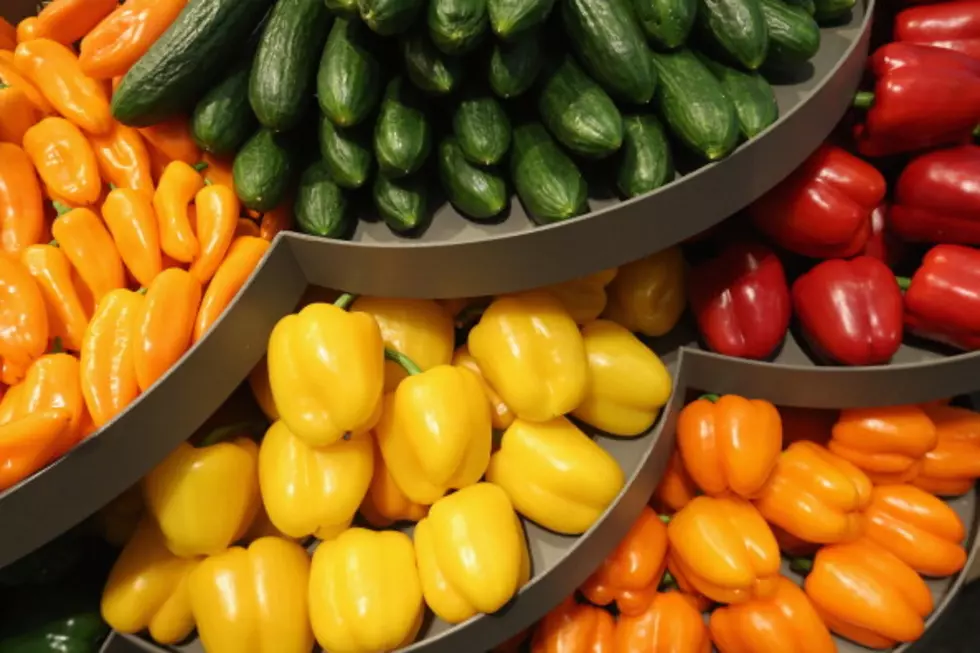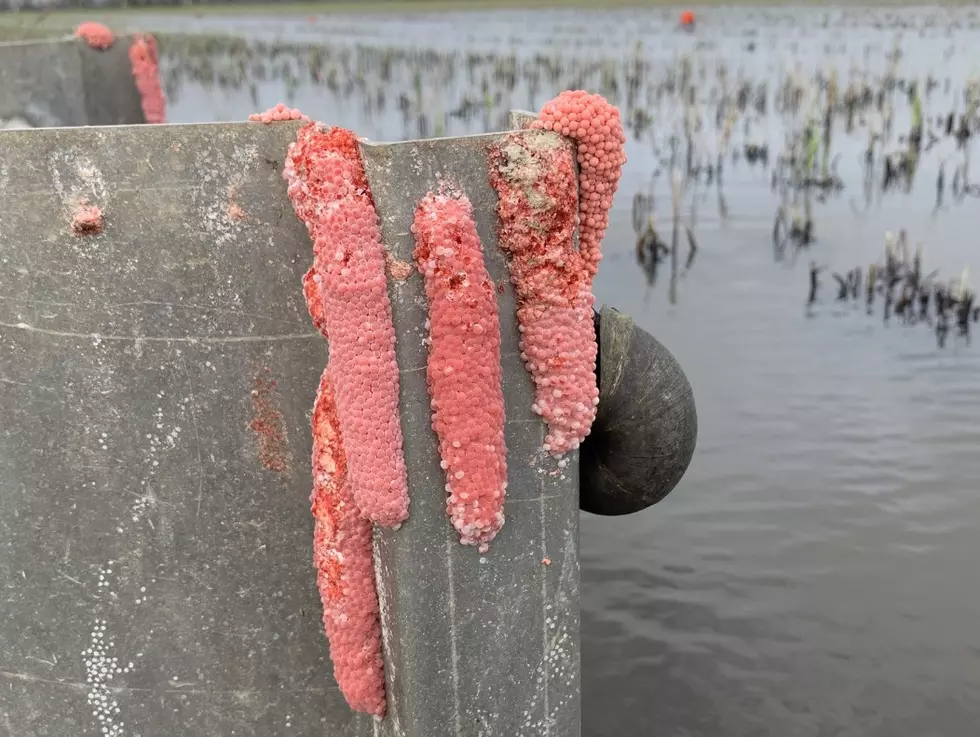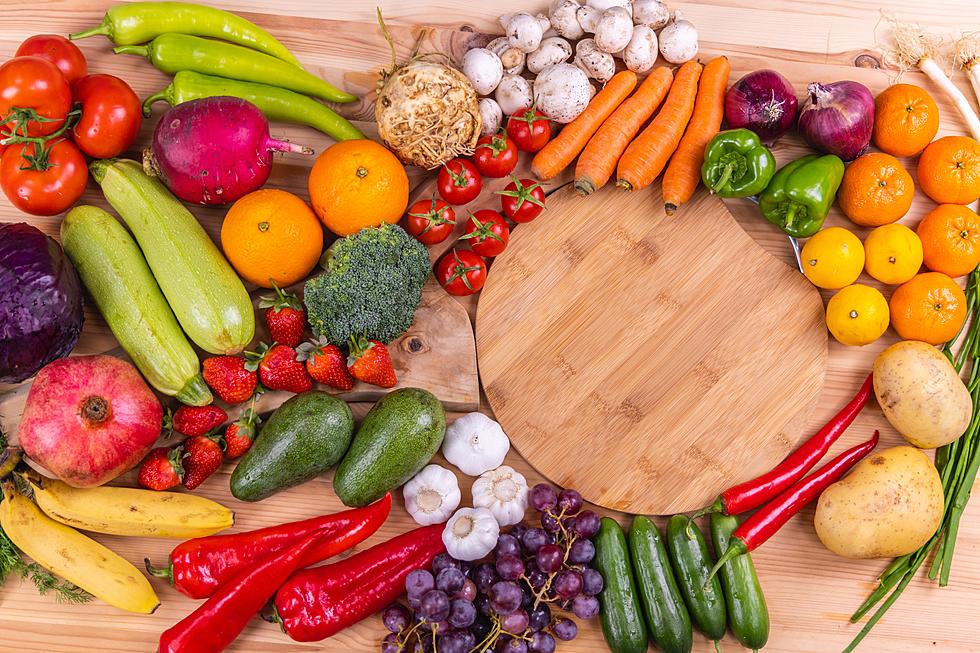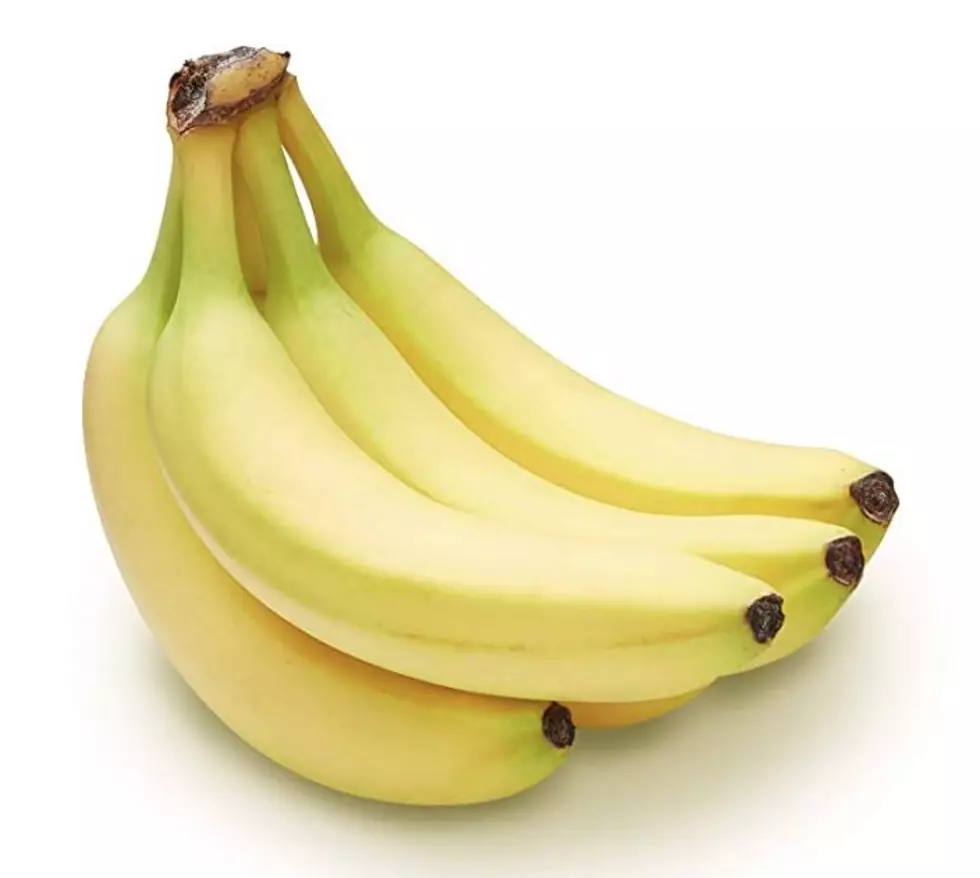
LSU AgCenter Has Tips for Keeping Fruits and Veggies Fresh Longer
In the days B.C. (Before Coronavirus), I would make a trip to the grocery store about every other day. No, it's not that I am a forgetful shopper, I just like to buy fresh food to prepare for my family. The current Stay-at-Home order has certainly curtailed my trips to the market but it hasn't curtailed my love of and need for fresh fruits and vegetables.
With a longer time now between grocery trips purchasing fresh veggies and fruits has become a more difficult endeavor. Since I don't get to eat my purchases right away and I want to save them for a later day, what's the best way to get the most value for more dollar without having to throw away rotten produce?
One way LSU AgCenter specialist say you can extend the life of your fresh produce is paying attention to what stage of ripeness their selection happens to be. Unless you're going to use an item immediately you might be better off selecting a piece of produce that is not quite ripe. That way it can mature to its flavor peak while it's in your home.
Another area where AgCenter specialists offer advice is about how we store our fresh items. In many cases, purchases that won't be needed for immediate consumption can be frozen. Or if you see items beginning to edge past the point of freshness freezing them can lengthen their useful lifespan to your culinary creations.
As always AgCenter specialists remind you to be very cognizant of food safety. If an item looks as if it's past its prime or it doesn't look or smell right, don't take a chance, toss it. And remember if you have any questions concerning food or food safety the specialist at your local LSU AgCenter office are here to help. Or you can reach out with your questions online.
More From 99.9 KTDY









